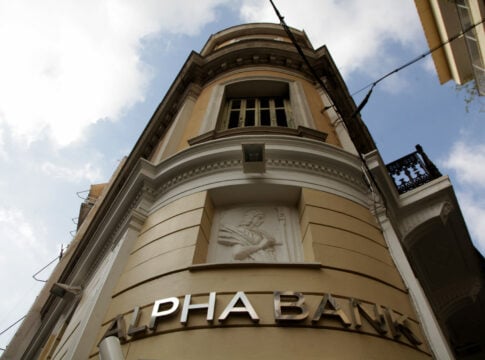Demand for business loans increased in both Greece and the Eurozone in the second quarter of 2025.
In contrast, demand for mortgage loans from Greek households continues to decline — unlike in the Eurozone — raising questions about the banks’ bet on credit expansion.
The loan demand trends are based on the Bank of Greece’s survey of bank financing from the country’s four systemic banks, forming part of the ECB’s broader survey in the Eurozone among 155 financial institutions.
Demand for business loans increased in the second quarter of the year, both domestically and across the Eurozone.
According to the Greek survey, overall loan demand from non-financial corporations (NFCs), and in particular the demand for long-term loans, rose to some extent — driven partly by financing needs and partly by a lack of alternative funding sources, the Bank of Greece noted. Expectations for the third quarter remain unchanged.
Housing and consumer loan demand shows mixed signals, with domestic demand recording a significant decline in contrast to that of the Eurozone during the second quarter — and expectations also diverging.
Specifically, in Q2 2025, demand for housing loans at Greek banks returned to 2023 levels, a development that could impact credit expansion. According to the Bank of Greece, despite the ongoing implementation of the “My Home II” program, “the inflow of applications from interested parties to credit institutions continued at a slower pace compared to the initial surge observed at the launch of the program in Q1 2025.”
As for consumer loans, demand increased to some extent. Looking ahead to the next quarter, demand for both housing and consumer loans is expected to remain unchanged.














